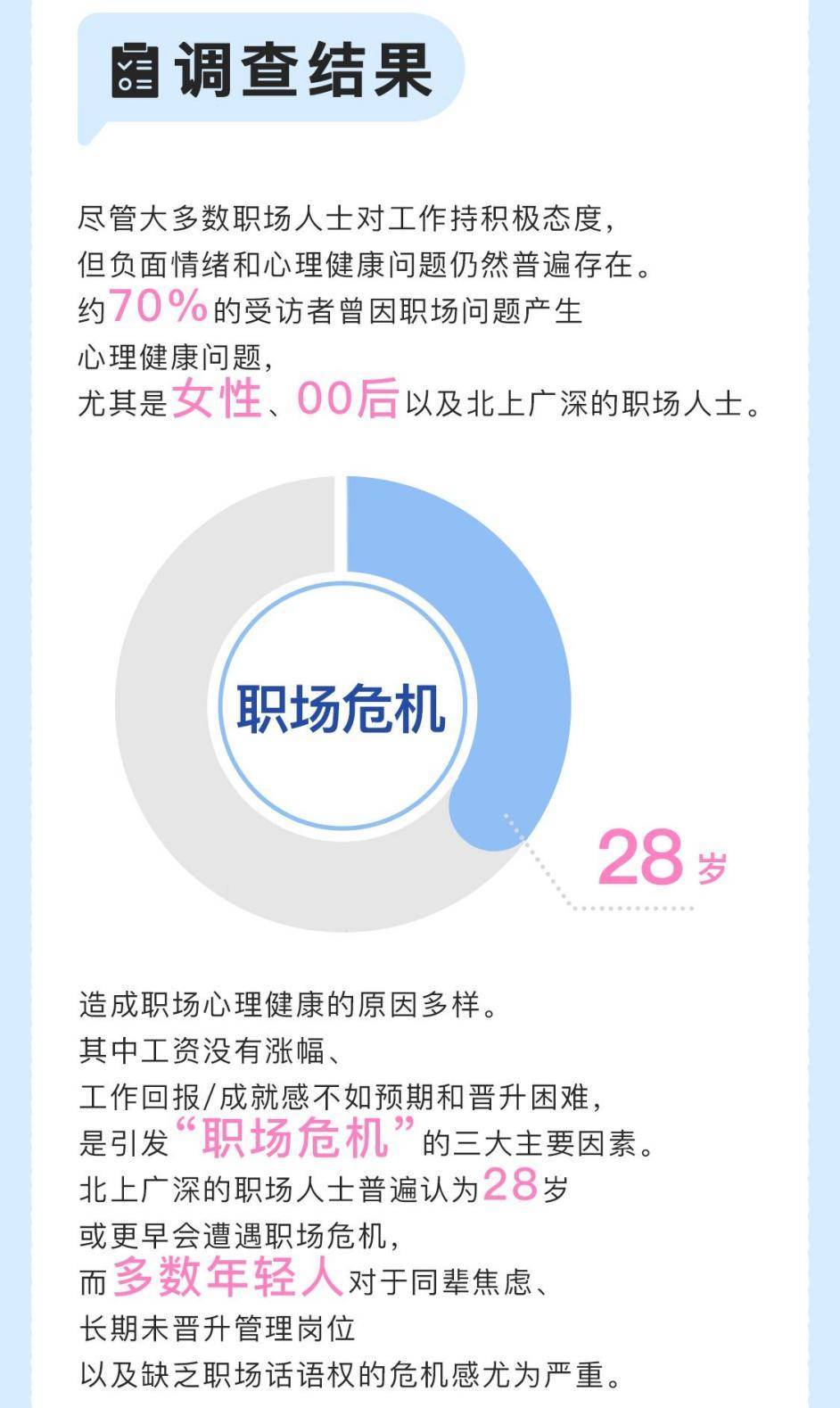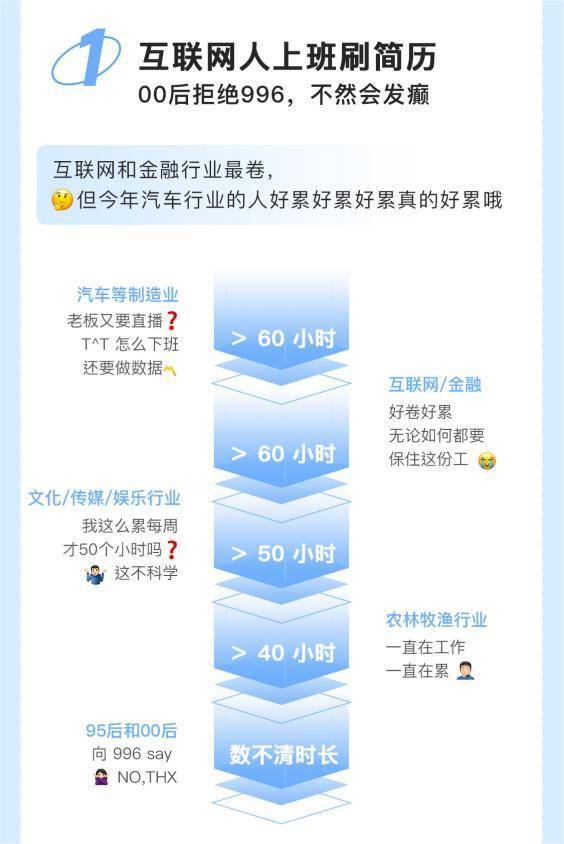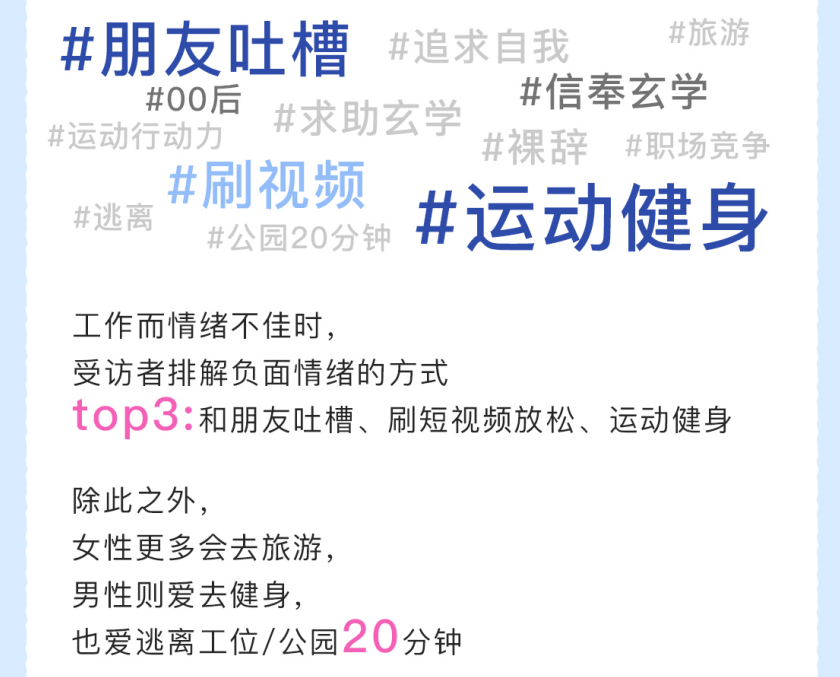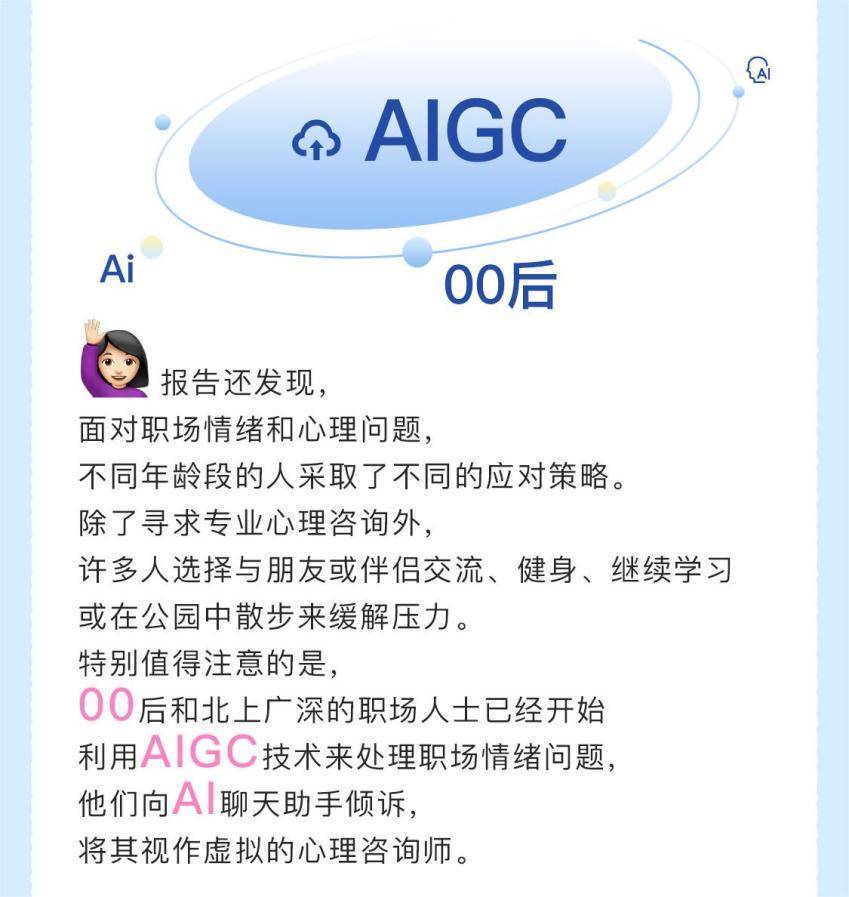In the new era of China, the dawn rises and everything grows; On the new journey, the Communist Party of China (CPC) is in full bloom and high spirits.
In the first century, the Communist Party of China (CPC) United and led the people of China to write the most magnificent epic in the history of the Chinese nation for thousands of years. Socialism with Chinese characteristics’s new era is a glorious page, and it is also the chapter of the era that we are writing and will continue to write. A century of struggle has forged a great, glorious and correct party, and the key to reviewing the history of the party is to "see clearly why we succeeded in the past and understand how we can continue to succeed in the future." In the new era, the strict administration of the party in an all-round way has achieved the self-reconstruction of the party, and our party is more mature, confident and stronger. Reviewing and summarizing the great achievements and fresh experiences of the new era is to better focus on what we are doing and better answer the questions of the times and practice.
History, reality and future are interlinked. Those valuable experiences accumulated after a hundred years of tempering deserve to be remembered forever and passed down from generation to generation. "Without the Communist Party of China (CPC), there would be no new China, and there would be no great rejuvenation of the Chinese nation." This is the most important historical conclusion. "The key to running China well lies in the party. The key lies in the party’s management of the party and the strict administration of the party in an all-round way." This is the most incisive and profound revelation.

To promote high-quality development, we must give full play to the leading and safeguarding role of strictly administering the party in an all-round way. The picture shows the model of China Space Station on display at the National 13th Five-Year Science and Technology Innovation Achievement Exhibition.
"Unite under the banner of the party into ‘ A hard piece of steel ’ "
Resolutely safeguard the authority of the CPC Central Committee and centralize and unify leadership.
Strictly administering the Party in an all-round way is a distinctive feature of the Party Central Committee governing the country with the Supreme Leader as the core, which fully embodies the characteristics of the new era and meets the requirements of the new era.
In December 2014, General Secretary of the Supreme Leader put forward "strictly administering the Party in an all-round way" for the first time during his investigation in Jiangsu, and juxtaposed it with building a well-off society in an all-round way, deepening reforms in an all-round way, and governing the country according to law in an all-round way, forming a "four comprehensive" strategic layout. In October 2017, the 19th National Congress of the Communist Party of China wrote "strictly administering the Party in an all-round way" into party constitution … … Looking back at the course of struggle in the new era, strictly administering the Party in an all-round way is the key layout of the Party Central Committee in planning the "big chess game" for the cause of the party and the state, which endows the Party’s construction with new era connotation and historical mission, and guarantees the great social revolution under the guidance of the Party’s great self-revolution.
As the world’s largest Marxist ruling party that has been in power for a long time in the most populous country, it is self-evident that it is long-term, complex and arduous to strictly manage the party in an all-round way. With the profound insight and foresight of Marxist politicians and strategists, General Secretary of the Supreme Leader clearly pointed out that all problems existing in the Party are essentially political issues, and always insisted on politically understanding and promoting the comprehensive and strict administration of the Party, emphasizing that "the core of comprehensive and strict administration of the Party is to strengthen the Party’s leadership" and "upholding the Party’s leadership is first and foremost to uphold the centralized and unified leadership of the CPC Central Committee".
Throughout the ages, great powers in the world have collapsed or declined, and one of the common reasons is the loss of central authority and the inability of countries to centralize and unify. The history of the Party and the history of the development of New China have repeatedly proved that it is the life of the Party to stress politics with a clear-cut stand and ensure the unity and centralization of the Party, and it is also the key for our Party to become a century-old party and create great achievements in the century.
We must face up to the fact that due to the problems of ineffective and lax management of the Party, the phenomenon of ignoring the authority of the CPC Central Committee exists in a few party member cadres and even leading cadres to varying degrees, and some of them are still very serious. Some positions are unstable, lose their principles, vacillate and ambiguous in the face of big and big issues, and fail to maintain a high degree of consistency with the CPC Central Committee; Some are self-righteous and outspoken, publicly expressing opinions that are contrary to the spirit of the CPC Central Committee on major political issues and making irresponsible remarks about the major policies of the CPC Central Committee; Some orders can’t be done, and there are prohibitions. They discount, make choices, and make changes to the decision-making arrangements of the CPC Central Committee, resulting in the deformation and failure of the decision-making arrangements of the CPC Central Committee in the implementation; Some of them are ambitious, power-hungry, and even secretly oppose the Party Central Committee.
The General Secretary of the Supreme Leader issued a sobering warning to the whole Party: "Without the authority of the CPC Central Committee and centralized and unified leadership, strict political discipline and rules, and a good political ecology, if it becomes a loose club with numerous factions and a power field for power struggle and intrigue, it will lose its creativity, cohesion and combat effectiveness, its ruling foundation and ability, and it will be seriously divorced from the people.
Since the 18th National Congress of the Communist Party of China, the CPC Central Committee has incorporated the party’s political construction into the overall layout of the party’s construction in the new era as a fundamental and leading construction, and made it the primary task of the party’s political construction to ensure that the whole party obeys the Central Committee, safeguard the authority of the Party Central Committee and centralize and unify leadership, and unswervingly push forward the comprehensive and strict administration of the party.
General Secretary of the Supreme Leader focused on the overall situation of the great rejuvenation strategy of the Chinese nation and the unprecedented changes in the world in the past century, profoundly summed up the Communist Party of China (CPC)’s ruling experience and made a series of major judgments on the nature, orientation and role of the party’s leadership. "the Communist Party of China (CPC)’s leadership is the most essential feature of Socialism with Chinese characteristics and the greatest advantage of Socialism with Chinese characteristics’s system" … … These scientific expositions, as the important contents of the Supreme Leader’s Socialism with Chinese characteristics Thought in the new era, have become a powerful ideological arm and scientific action guide for all party member, and have enabled the whole party, the whole army and the people of all ethnic groups in China to form an unbreakable consensus.
The core of leadership is very important for a country and a political party. In October 2016, the Sixth Plenary Session of the Eighteenth Central Committee of the Communist Party of China formally established the core position of the Party Central Committee and the whole party. The 19th National Congress of the Communist Party of China wrote the core position of the Supreme Leader, General Secretary of the CPC Central Committee and the whole party into party constitution. This is the common will of the whole party and the common, solemn and inevitable choice of history and people. The whole party regards "two maintenance" as the highest political principle and fundamental political rule of the party, which is more unified in thought, more United in politics and more consistent in action, and the party’s political leadership, ideological leadership, mass organization and social appeal have been significantly enhanced.
The Central Committee of the Communist Party of China issued a series of major institutional arrangements, which made the overall leadership of the Party have stronger institutional binding force and higher legal effect. The amendment to the Constitution adopted at the first session of the 13th National People’s Congress put "the Communist Party of China (CPC)’s leadership is the most essential feature of Socialism with Chinese characteristics" into the general program of the Constitution. The Fourth Plenary Session of the 19th CPC Central Committee listed "upholding the centralized and unified leadership of the Party" as the first of 13 obvious advantages of China’s national system and national governance system, and made arrangements for upholding and improving the Party’s leadership system and improving the Party’s scientific, democratic and legal governance levels. "Several Guidelines on Political Life within the Party under the New Situation" and "Regulations on Requests for Instructions and Reports on Major Matters in the Communist Party of China (CPC)" … … By strengthening the top-level design, the party’s leadership system has been further improved, which has provided a strong guarantee for ensuring that the party can give full play to its core role of commanding the overall situation and coordinating all parties, and ensure the unity and unity of the whole party.
A clear-cut stand on politics is the fundamental requirement of Marxist political parties, and political discipline is the most fundamental and important discipline of the party. The CPC Central Committee has repeatedly stressed that it is necessary to strictly observe political discipline and rules, resolutely manage the "seven haves" problem, resolutely eliminate the "two-faced people" who disobey the sun, and ensure the implementation of the major policies and decision-making arrangements of the CPC Central Committee with accurate and powerful political supervision. After the comprehensive and strict management of the Party, the political ecology within the Party has undergone fundamental changes. The whole Party has maintained a high degree of consistency with the CPC Central Committee in political stance, political direction, political principles and political road, and its political judgment, political understanding and political execution have been significantly improved. The "four consciousnesses" have become more solid, the "four self-confidences" have become more firm, and the "two safeguards" have become more conscious.
The new era is an era of connecting the past and the future, and it is also an era full of challenges. These years since the 18th National Congress of the Communist Party of China have been extremely unusual and extraordinary in the development of the cause of the Party and the country. The complexity and severity of the situation and environment faced by the Party, and the heaviness and arduousness of its tasks are rare in the world and history. Today, the world admires the miracle created by China’s decisive victory in building a well-off society in an all-round way and fighting poverty, marvels that China has become a "boat of life" and "boat of hope" in the fight against the COVID-19 epidemic, and laments China’s resilience and determination in resisting and countering external extreme suppression and containment. The whole party and the people of all ethnic groups in China deeply feel that when the storm strikes, the strong leadership of the Party and the authority of the CPC Central Committee are the most solid backers, and having a correct, firm and mature core is the great fortune of the country, the great fortune of the people and the great fortune of the cause!
The vivid practice in the new era proves once again that upholding and strengthening the overall leadership of the Party, insisting that the Party should manage the Party strictly and comprehensively, and uniting the whole Party into "a hard piece of steel" can unite the people of all ethnic groups in the country, form a majestic force with one heart and one mind, and overcome all powerful enemies and all difficulties and obstacles.
"The problem of style is fundamentally a problem of party spirit."
Bring good traditions into a new journey and carry forward good work style in a new era.
The style of the party is the image of the party, and it is a barometer to observe the relationship between the party and the masses and the people’s hearts. "If the Party’s style of work is correct and the people’s mood is smooth, the Party and the people can share weal and woe", which is a profound conclusion drawn by the Communist Party of China (CPC) people from generation to generation in practice.
In the new era, the CPC Central Committee with the Supreme Leader as the core has a deep understanding of the political nature and harm of unhealthy trends, and pointed out that the "four winds" issue "fundamentally deviated from the party spirit and lost its purpose" and "let it develop … … Our party will lose its foundation, lose its blood, and lose its strength. "In the end, it will seriously damage the party’s advanced nature and purity, and seriously damage the party’s ruling foundation and ruling status." Every word is sonorous and direct, which shows the strong political consciousness and high political consciousness of the Communist Party of China (CPC) people in the new era.
Whether going to local investigation or visiting abroad, the General Secretary of the Supreme Leader takes the lead in setting an example and strictly implementing the eight central regulations. During the inspection tour in Gansu in August 2019, the general secretary and his party traveled day and night, with a journey of more than 1,000 kilometers. They tried not to let the local reception and ate five meals on the train. In order to understand the progress of poverty alleviation and solve the outstanding problems of "two worries and three guarantees" on the spot, General Secretary of the Supreme Leader used three means of transportation to dissect sparrows in Shizhu Tujia Autonomous County, Chongqing, which is deep in the mountains, after more than seven hours by plane, train and bus. … Seeking truth from facts, being pragmatic, self-denial and strict self-discipline, the General Secretary has set an example for all cadres in party member, and has also made the hearts of hundreds of millions of people closely attached to the CPC Central Committee.
Under the strong leadership of the CPC Central Committee with the Supreme Leader as the core, a series of practical measures and hard measures against the disadvantages of the style of sword and finger frequently attack. From curbing "waste on the tip of the tongue", stopping "corruption on wheels" and rectifying "unhealthy practices in clubs", to investigating and handling public funds for eating, drinking and traveling, and then to continuously solving formalism and bureaucracy … … Some foreign media commented that at that time, few people foresaw that the "long-standing problems" in China officialdom, such as eating and drinking with public funds and meeting the sea in Wenshan, had such obvious improvement. Nine years have passed, and the changes made by the eight central regulations to China in the new era are still deepening. The party style and political style are brand-new, the social style and people’s customs continue to improve, and the land of China is rising and people’s hearts are gathered.
Historical experience tells us that the problem of style is the easiest to rebound. If we don’t firmly grasp it, some problems that have been initially suppressed are likely to resurface. The General Secretary of the Supreme Leader has repeatedly stressed that "we should keep our strength, never budge, and prevent old problems from re-emerging, new problems from sprouting, and minor problems from getting bigger." ‘ Half-pull project ’ , let alone go through the motions "… … Move at the command, follow the command. Discipline inspection and supervision organs not only continue to rectify the outstanding problems such as illegal eating and drinking, illegal payment of subsidies for Tianjin, but also point to the invisible variation and makeover problems such as accepting and sending electronic red-envelope, using private cars for public support, traveling with public funds in the name of study, training, investigation and research, and "eating the boss without public funds", and always maintain perseverance, and constantly accumulate small victories for great victories.
To win the battle to build a well-off society in an all-round way and to fight against poverty, it is even more necessary for the whole party to come up with a good style of work to ensure the final victory. Formalism and bureaucracy hinder the implementation of the decision-making arrangements of the CPC Central Committee and become the enemy of the Party and the people. General Secretary of the Supreme Leader has a profound insight from the political height, pointed out the ideological and interest roots behind it, and put forward that "opposing formalism should focus on solving the problem of untrue work" and "opposing bureaucracy should focus on solving the problem of not maintaining and inaction in the interests of the people", demanding uncompromising, comprehensive inspection and targeted correction. Discipline inspection and supervision organs keep a close eye on the mistakes of the Party Central Committee’s major decision-making and deployment, such as not being awed, not caring, shouting slogans, pretending, etc., and seriously investigate and deal with outstanding problems such as vague statements, making a fuss, perfunctory work, and not making efforts, and urge party member cadres to be conscientious and entrepreneurial.
Formalism and bureaucracy, such as meeting the sea in Wenshan, too many inspections and examinations, and too many marks, have brought many troubles to grassroots cadres and dampened their enthusiasm for work. The General Secretary of the Supreme Leader made important instructions in this regard, and the CPC Central Committee subsequently issued a series of targeted measures to play a set of pragmatic and effective combination boxing to reduce the burden on the grassroots and empower them. All localities have taken hard verification measures from the aspects of strengthening ideological education, strictly controlling issuing papers and meetings, strengthening management supervision, improving accountability system and incentive and care mechanism, so as to untie grassroots cadres and let them devote more energy to doing practical things and seeking practical results.
With the deepening of work style construction, the "playing style" is also constantly upgrading. Since the 19th National Congress of the Communist Party of China, the General Secretary of the Supreme Leader has repeatedly expounded the concept of "three noes" and provided an important methodology for deepening the governance of work style. In practice, while strictly investigating and reporting the exposure, Party organizations at all levels actively take the case as a mirror, promote reform by taking the case as a guide, strengthen warning, improve the system and supervision, and realize the long-term effect of work style construction. At the same time, combined with the theme education of "Do not forget your initiative mind, keep in mind the mission" and the study and education of party history, it promotes party member cadres to inherit and carry forward the glorious tradition and fine work style of the party, and constantly releases the comprehensive effect of treating both the symptoms and the root causes.
After unremitting rectification, the "four winds" problem has been effectively curbed, but it is far from the time to retreat. According to the typical cases of "four winds" recently investigated, some disciplinary actions occurred or continued after the 19th National Congress of the Communist Party of China, and some of them were cloaked in invisible variation. The responsible personnel were in important positions or even "top leaders", and showed obvious characteristics of changing from wind to corruption and integrating wind with corruption. This reminds us once again that work style construction is always on the road. The more severe and complicated the situation is, the more we should strengthen the construction of the party’s work style, inspire the spirit, inspire the fighting spirit, establish the image, win the hearts of the people, and take a new road to catch the exam.

Strictly administering the party in an all-round way provides a strong guarantee for promoting rural revitalization and promoting common prosperity. The picture shows fruit farmers picking navel oranges in Yanhu Village, Zhulan Township, Huichang County, Ganzhou City, Jiangxi Province.
"Our party is a Marxist political party organized with revolutionary ideals and iron discipline."
Ideological Party Building and Institutional Party Governing Work in the Same Direction
The Second Plenary Session of the 19th Central Commission for Discipline Inspection made a systematic summary of the important experience of strictly administering the Party in an all-round way since the 18th National Congress of the Communist Party of China, among which "adhering to the unity of ideological party building and institutional party management" ranked first, which reflected our party’s profound grasp of the law of ruling party building. Since the 18th National Congress of the Communist Party of China, the General Secretary of the Supreme Leader has repeatedly expounded the dialectical relationship between ideological party building and institutional party management, and proposed that "strict party management depends on education as well as institutions, and both of them should be flexible and rigid, and they should work in the same direction and at the same time". "We should make the process of strengthening institutional party management a process of strengthening ideological party building, and also make the process of strengthening institutional party management a process of strengthening institutional party management", which provides ideological guidance and action guidance for comprehensively and strictly administering the party.
"The Long March is a great expedition of ideals and beliefs." "The suffering, twists and turns and death on the Long March have tested the ideals and beliefs of the Communist Party of China (CPC) people and proved to the world that the ideals and beliefs of the Communist Party of China (CPC) people are indestructible." On October 21, 2016, at the conference commemorating the 80th anniversary of the victory of the Red Army’s Long March, General Secretary of the Supreme Leader explained the great Long March spirit with deep affection. Since the 18th National Congress of the Communist Party of China, the General Secretary has repeatedly emphasized that ideals and beliefs are the spiritual pillar and political soul of the Communist Party of China (CPC) people, and education has guided all party member to "consciously be firm believers and faithful practitioners of the lofty ideal of communism and the common ideal of Socialism with Chinese characteristics". Communist party people’s political nature is fully demonstrated by earnest exhortation and earnest exhortation.
The firmness of ideals and beliefs comes from the firmness of ideological theory. General Secretary of the Supreme Leader pointed out that to strengthen our ideals and beliefs, we must "let the truth arm our minds, let the truth guide our ideals, and let the truth strengthen our beliefs". The CPC Central Committee has successively carried out the Party’s mass line education and practice activities, the special education of "three strictness and three realities", the study and education of "two studies and one doing" and the theme education of "Do not forget your initiative mind, bearing in mind the mission", and insisted on arming the whole Party with the Party’s innovative theory, especially the Supreme Leader’s New Era Socialism with Chinese characteristics Thought, so as to thoroughly clean up the source, consolidate the foundation and cultivate the yuan ideologically.
On the occasion of the party’s centenary birthday, the study and education of party history is in full swing in the whole party. In 2021, General Secretary of the Supreme Leader walked all the way in the vast red hot land, explaining the study of history in Fujian, emphasizing the study of history in Guangxi, advocating morality in Qinghai, and calling for the study of history in Xizang. A vivid and profound "Party History Teaching Course" has given party member cadres a comprehensive and profound political education, ideological tempering and spiritual baptism, and deeply realized that the Red regime, the new China and Socialism with Chinese characteristics are hard-won, the foundation of faith is more solid and the calcium of spirit is more abundant.
"Stick to the truth, stick to the ideal, practice the initial intention, undertake the mission, be not afraid of sacrifice, fight bravely, be loyal to the party and live up to the people". The General Secretary of the Supreme Leader put forward and expounded the profound connotation and great significance of the 32-word great party-building spirit for the first time at the celebration of the 100th anniversary of the founding of the Communist Party of China (CPC). As scholars have said, "Insist on truth and ideals" ranks first. These eight words reflect the characteristics of our party’s advanced thinking and firm belief, are the concentrated expression of the Communist Party of China (CPC) people’s ideals, beliefs and value pursuit, and show the party’s powerful ideological advantages.
The light of ideals and beliefs has greatly aroused the patriotic and professional enthusiasm of the broad masses of cadres and people, and turned it into an enterprising responsibility for their own work. The film The Battle at Lake Changjin won the box office title in China’s film history. Many viewers read the power of faith from the blood and iron of the volunteers, and enhanced their ambition, backbone and confidence to be Chinese. Many young people who watched TV series The Awakeing Age spontaneously offered flowers to the graves of revolutionary martyrs Chen Yannian and Chen Qiaonian, conveying great patriotic feelings. Behind "Zhu Rong" exploring the fire, "xi he" exploring the stars day by day, and "Heaven and Earth", it is precisely the result of the determination of the vast number of astronauts to serve the country and work hard to tackle key problems, which shows their firm belief and will. Under the battle slogan of "Clear love, only for China", Chen Xiangrong, a martyr guarding the border, is the loyalty and responsibility of the border guards to protect the border and defend the country with their youth, blood and even their lives.
No rules, no Fiona Fang. Strictly administering the Party in an all-round way requires both ideological education and institutional strictness. From "to put power into the cage of the system, we must first build a cage", to "we must formulate and improve it on the one hand and implement it on the other", and then to "strengthening the construction of laws and regulations within the party is the long-term and fundamental strategy for comprehensively and strictly administering the party", a series of important expositions by the Supreme Leader General Secretary have become the ideological weapons for governing the party by the system and by the rules in the new era. As of July 1, 2021, our party’s current effective internal laws and regulations reached 3,615, and the "four beams and eight pillars" of the internal laws and regulations system were established, forming a relatively complete internal laws and regulations system, which provided a standardized and legalized guarantee for the comprehensive and strict administration of the party.
The vitality of laws and regulations lies in their implementation. The General Secretary of the Supreme Leader has repeatedly stressed that it is necessary to strengthen the implementation of the system, and seriously investigate and deal with acts that are forbidden, forbidden, and disobedient, so that the iron rules can exert their strength and the ban can flourish. Take the implementation of the regulations on disciplinary action as an example. After the 18th National Congress of the Communist Party of China, the CPC Central Committee revised the regulations on disciplinary action twice, and clarified the party’s six disciplines. Party organizations at all levels earnestly fulfill their political responsibilities of strictly administering the Party in an all-round way, strengthen daily supervision, pay attention to grasping the early and the small, and govern the whole Party with strict discipline. Discipline inspection and supervision organs continue to make good use of the "four forms" to make the system "teething" and discipline "charged". The data shows that from the 18th National Congress of the Communist Party of China to the eve of July 1, 2021, the discipline inspection and supervision organs used the "four forms" to criticize and educate 8.834 million people, and gave 3.742 million people disciplinary sanctions, which showed a clear attitude of strict discipline and strict investigation of violations, and effectively safeguarded the authority and seriousness of laws and regulations.
Ideological party building is a family heirloom of our party, and system construction is a long-term strategy for comprehensively and strictly administering the party. On the new journey, we will unswervingly rely on ideological and political work, rely on discipline and law system to govern the party and push forward the new great project of party building in the new era.
"Offend thousands of people and not bear 1.4 billion"
Anti-corruption has no choice but to advance despite difficulties.
On New Year’s Day in 2022, the website of the State Supervision Commission of the Central Commission for Discipline Inspection released the 2021 Tiger Fighting Briefing. This report, which is full of points of view, has aroused widespread concern. In the whole year, 25 middle-ranking cadres were notified to be examined and investigated, involving politics and law, finance, state-owned enterprises, universities and other fields. On January 8, 2022, the website of the State Supervision Commission of the Central Commission for Discipline Inspection successively released the news that Zhang Yongze, Vice Chairman of the Xizang Autonomous Region Municipal Government, and Wang Bin, Party Secretary and Chairman of China Life Insurance (Group) Company, accepted the review and investigation by the State Supervision Commission of the Central Commission for Discipline Inspection. Fighting two tigers in a row in the beginning of the year, the attitude is consistent, and the actions are consistent, which once again clearly shows that there is no turning back arrow before opening the bow and there is no rest in anti-corruption.
Corruption is the biggest threat facing our party. Opposing corruption, building clean politics and keeping the party healthy are the distinct political positions that our party has always adhered to. In the eventful years of revolution, construction and reform, no matter how steep the external environment is, no matter how arduous the mission is, our party’s determination to resolutely fight corruption has never wavered and its position has never retreated, thus ensuring its advanced nature and purity.
Since the 18th National Congress of the Communist Party of China, the CPC Central Committee with the Supreme Leader as the core has raised anti-corruption to a height that concerns people’s hearts and lives, and stressed that "the anti-corruption struggle must first be viewed politically", and has always pushed the anti-corruption struggle deeper with a strong sense of historical responsibility, deep sense of mission anxiety and tenacious will.
In December 2012, the 18th CPC National Congress just concluded, and Li Chuncheng, former deputy secretary of the Sichuan Provincial Party Committee, became the first provincial and ministerial cadre to be dismissed after the 18th CPC National Congress. "Fighting tigers", "swatting flies" and "hunting foxes" take a multi-pronged approach, and the soul-stirring high-pressure anti-corruption and iron fist anti-corruption are launched. By May, 2021, the discipline inspection and supervision organs had put on record 392 leading cadres at or above the provincial or ministerial level, 22,000 cadres at the bureau level and more than 170,000 cadres at the county level. After the 19th National Congress of the Communist Party of China, the whole country investigated and dealt with more than 390,000 issues involving people’s livelihood and infringing on the interests of the masses, and handled 359,000 people. Investigate and deal with 280,000 problems in the field of poverty alleviation and punish 188,000 people; In the "protective umbrella" against evil forces, 93,000 cases were investigated and 84,000 people were handled. Since 2014, when the international anti-corruption campaign "Skynet Action" was launched, by the eve of "July 1st" in 2021, a total of 9,165 fugitives had been recovered, and 60 "100 Hongtong personnel" had been brought to justice.
Looking around the world, there are a large number of ruling parties, but few dare to fight corruption on a large scale, vigorously and persistently like our party. Some people tout the western multi-party system of taking turns to govern and "separating the three powers", and don’t believe that our party can cut the blade inward and self-destruct. Such absurd misjudgments are due to the failure to realize that the Communist Party of China (CPC)’s uncompromising insistence on anti-corruption is determined by its nature and purpose. As far as our party is concerned, anti-corruption has always been not only to punish several corrupt cadres in party member, but also not to struggle for power and exclude dissidents. It is because "the people hate all kinds of negative corruption and privileges, which are the most lethal to the flesh-and-blood ties between the party and the people." "We must do our utmost to solve the problem of negative corruption and ensure that the party always shares the same destiny with the people."
Under the strong leadership of the CPC Central Committee with the Supreme Leader as the core, the contest between the party and the people and corruption never stops, and it continues to develop in depth. Since the 19th National Congress of the Communist Party of China, the General Secretary of the Supreme Leader has repeatedly stressed that the situation is still grim and complicated, and repeatedly warned that new situations and new features have emerged in corruption, such as the interweaving of political issues and economic issues, the interweaving of traditional corruption and new corruption, the interweaving of corruption and unhealthy trends, and the prominent corruption in the fields of finance, state-owned enterprises, politics and law, resources, etc., which has affected the implementation of the new development concept.
In recent years, major cases of leading cadres violating discipline and law have been investigated and dealt with, which fully confirmed the scientific judgment of the CPC Central Committee. Among the "tigers" who were picked out, there were not only political and legal tigers such as Fu Zhenghua, Sun Lijun and Wang Like, but also financial tigers such as He Xingxiang and Cai Esheng, including Lai Xiaomin, the first financial giant who was executed since the 19th National Congress of the Communist Party of China, as well as state-owned tigers such as Yin Jiaxu, Luo Jiayu and Hu Wenming, and "relying on coal to eat coal". In addition to the traditional bribery and corruption, in Xiao Yi, a member of the former party group and vice chairman of Jiangxi Provincial Political Consultative Conference, there was also a report of "violating the new development concept, abusing his power to introduce and support enterprises to engage in virtual currency that does not meet the requirements of the national industrial policy ‘ Mining ’ Activity "content; Sun Lijun, the former member of the Party Committee and vice minister of the Ministry of Public Security, has seriously violated the law and discipline, which has written something like "engaging in group gangs, forming gangs, cultivating personal power, forming interest groups, and controlling key departments in groups", which has become a typical example of political corruption … … Although the anti-corruption struggle has won an overwhelming victory and been consolidated in an all-round way, its long-term, complex and arduous nature cannot be underestimated at all, and we must always adhere to the strict main tone.Keep the overwhelming force always there and unswervingly carry out the anti-corruption struggle to the end.
Punishment is to cure. In January, 2020, General Secretary of the Supreme Leader clearly pointed out at the Fourth Plenary Session of the 19th Central Commission for Discipline Inspection that it is not only the basic policy of the anti-corruption struggle, but also an important strategy for comprehensively and strictly administering the Party in the new era to promote the integration of corruption, corruption and non-corruption. At the Fifth Plenary Session of the Central Commission for Discipline Inspection held at the beginning of last year, the integration of "three noes" rose to the level of strategic objectives, and its position in the party and state governance system continued to improve. In practice, while taking strict words as the first priority and imposing high-pressure punishment, we have deepened the reform of discipline inspection and supervision system, improved the supervision system of the Party and the State, promoted the integration of various kinds of supervision, and at the same time, relying on warning education and centralized education within the Party, guided the broad masses of party member cadres to tighten their discipline and improve their ideological consciousness, so as to realize the integration of punishment, restraint and awareness-raising, and promote the integration of "three noes" to achieve more institutional achievements and greater governance results.
Continue to be brilliant for a hundred years and aim at great achievements in the future. Stepping on a new road to catch the exam, there are infinitely bright prospects ahead, as well as various risk tests and even unimaginable waves. We must unswervingly eliminate our own cancer by self-purification, enhance the overall image by self-improvement, cultivate creative vitality by self-innovation, enhance our ability to take responsibility by self-improvement, rely on the great self-revolution to jump out of the historical cycle of the rise and fall of chaos, and unite and lead the people of all ethnic groups in the country to realize the great dream of national rejuvenation.










 Prompt in this issueAfter the disclosure of a huge number of papers published by a dean of a university in three years, it aroused widespread concern in society: some people denounced it as "academic fraud" and others "complained for him". that
Prompt in this issueAfter the disclosure of a huge number of papers published by a dean of a university in three years, it aroused widespread concern in society: some people denounced it as "academic fraud" and others "complained for him". that














































